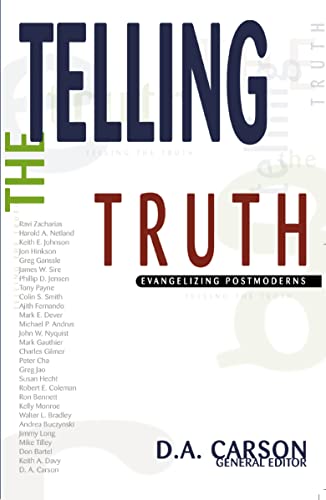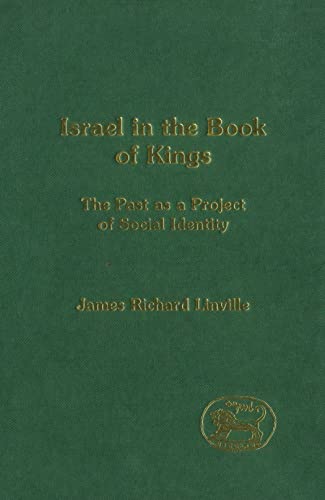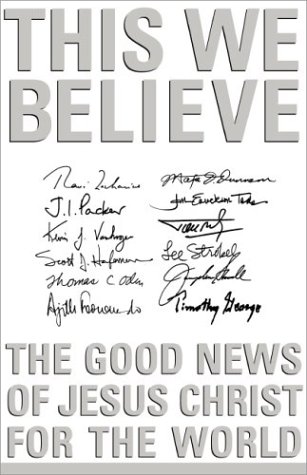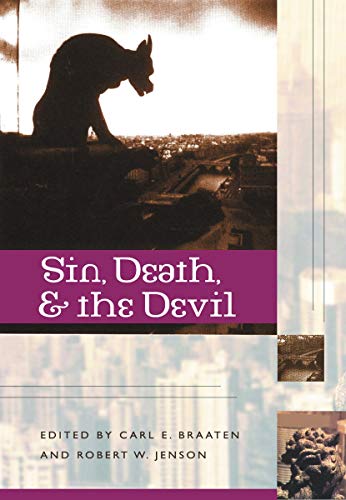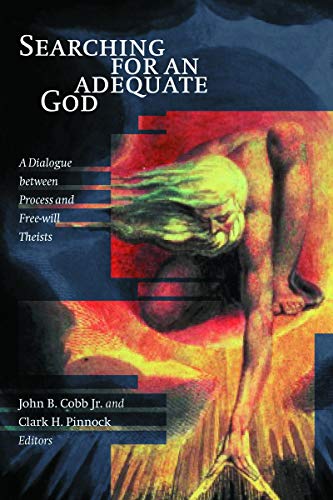Telling the Truth: Evangelizing Postmoderns
Written by D.A. Carson (Gen. Ed.) Reviewed By David Gibson‘How do you communicate truth to a world that isn’t sure what truth is—or even if truth is? How do you commend spiritual absolutes to people who insist there are none?’ Questions like these inspired the ‘Telling the Truth’ conference at Trinity Evangelical Divinity School in May 1998 and this book is the published form of most of the papers given at that conference. It is, in short, a highly valuable collection of essays all connected in some way to the crucial issue of what biblically faithful and culturally relevant evangelism should look like in our post-modern world.
The book is made up of two of the conference’s opening plenary sessions (both by Ravi Zacharias), two closing plenaries (by Ajith Fernando and Don Carson) and then twenty-four of the various seminars given. These are divided into sections: The Challenge (religious pluralism and post-modern epistemology); Critical Topics (biblical theology, Christ-centred preaching, sin, conversion); Crucial Passages (Rom. 3:21–26 and 2 Cor. 5:1–11); Church, Campus, Ethnicity; This Relational Age; Experiences and Strategies. The contributors are robustly committed to the unchanging gospel but the book’s greatest value is that the complex interface between this gospel and the soul of postmodern culture is probed on such a multitude of fronts that nearly every chapter offers astute insights. Old paths are revisited freshly, new ones forged faithfully.
Given that this is the make-up of the book it is inevitable that some chapters stand out as more satisfying than others. This reviewer found ‘Epistemology at the Core of Postmodernism: Rorty, Foucault and the Gospel’ among the most helpful, as well as Colin S. Smith on ‘Keeping Christ Central in Preaching’ and Don Carson’s treatment of Acts 17 in Athens Revisited’. As someone currently involved in student ministry, I found Jensen and Payne’s chapter on ‘Church/Campus Connections: Model 1’ very thought-provoking indeed. Conversely, in his stimulating paper ‘The Touch of Truth’, I was not fully persuaded by Ravi Zacharias’ exegesis of Acts 24:22–26 and the contact points he suggests these verses give us with postmodernity. Also, Mark E. Dever’s chapter ‘Communicating Sin in a Postmodern World’ is invaluable for its wisdom on communicating and on the postmodern world but it contains little unpacking of the multi-faceted way the Bible depicts sin and the ways in which the sinfulness of sin might be meaningfully communicated today. If reading the chapters through consecutively, the book does develop a slightly repetitive feel towards the end as issues of relationships come up again and again—however, I don’t think the book’s usefulness lies in being read like this and such repetitiveness is inevitable, given the conference origins of the material, where different seminars would have touched on a lot of the same issues.
These are minor criticisms—this is a book to sharpen all involved in Christian ministry and is highly recommended. It will be very stimulating for all those in student ministry and, although there is a strong American orientation to quite a few of the chapters on strategic initiatives, a weary minister will find, rightly contextualised, many revitalising ideas here. This reviewer agrees with the editor’s endorsement: ‘Anyone interested in evangelism in the Western World will read these chapters with delight and profit. Where particular priorities or perspectives seem a little removed from where you sit, you will find more than adequate stimulation from the rest of the book.’
David Gibson
David Gibson is the Minister of Trinity Church, Aberdeen, Scotland. He is author of Reading the Decree (T&T Clark, 2009) and co-editor of From Heaven
He Came and Sought Her (Crossway, 2013).


